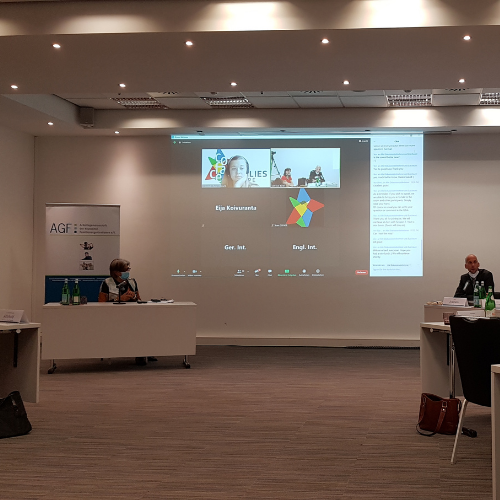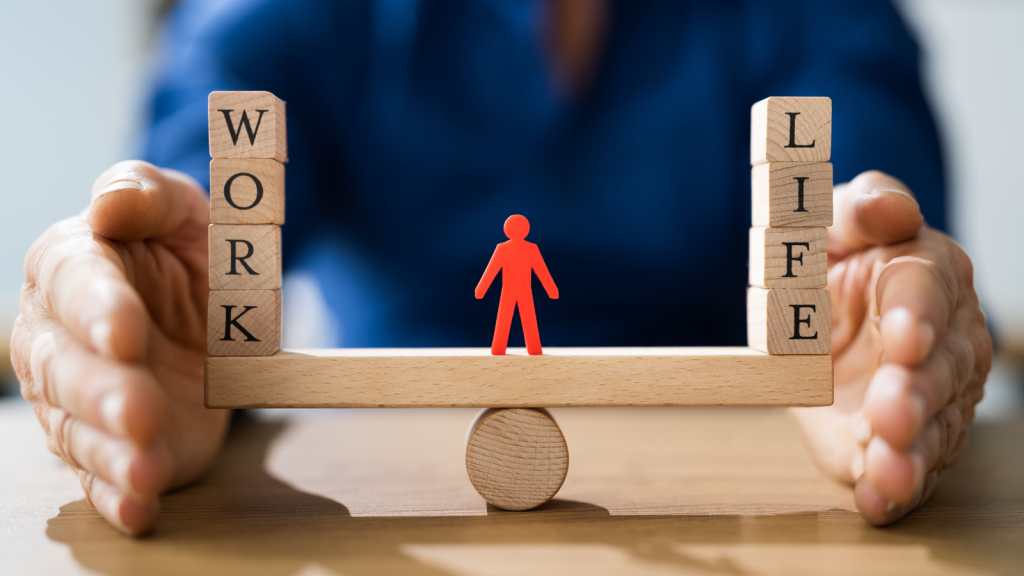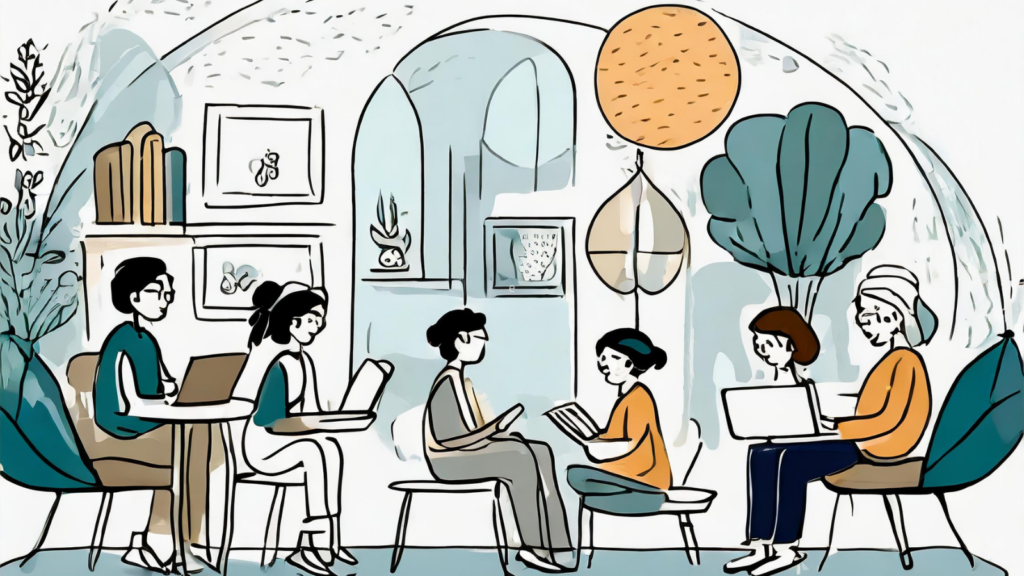**See full meeting report in English and German **
COFACE Families Europe advocates for all types of families, without discrimination, based on values of gender equality, human rights and social inclusion. We place our holistic family lens on different European and national policy areas: social, employment, digital, disability, migration, education, consumer and more. It is an inter-generational lens, considering such policy fields from a two–generation approach (adult and child) which allows us to give voice to children and their families in policy and legislative discussions.
On 29th September in Berlin, in cooperation with German member AGF, we used the COFACE lens to discuss a new EU policy framework in preparation: the European Child Guarantee. The aim of this initiative is to boost support for children in vulnerable situations at national level via different instruments (policy exchange, funding, indicators, benchmarking). The Guarantee will be set in two wider frameworks: the action plan for the implementation of the European Pillar of Social Rights, and the upcoming EU Child Rights Strategy.
The event was hybrid with a delegation in Berlin and participants from across Europe following and participating via webinar. The event was opened by a video address by European Commissioner for Jobs and Social Rights, Nicolas Schmit, and further welcomes by COFACE President Annemie Drieskens and AGF Chairwoman, Daniela Jaspers. The discussions were organized in 4 sessions.
Session 1: What can the Child Guarantee look like?
Hugh Frazer presented the results of the Feasibility study on the Child Guarantee, as well as elements of study phase two which puts forward key targets for each service area, also referring to the upcoming UNICEF pilot projects in 7 countries. There were responses from Dr Martina Kottmann (German ministry for family affairs), Katarina Ivankovic (European Commission), Reka Tunyogi (Eurochild), Olivier Thévenon (OECD) and Natalie Picken (European Platform for Investing in Children). This mix of perspectives was a scene-setter to allow for an informed discussion in session 2.
Session 2: Shaping the Child Guarantee from a two-generation perspective
To start this session there were many questions specifically on the Feasibility study (target groups, coverage of other dimensions like minimum income, the possibilities of participating in phase 2, the nature of the upcoming pilots projects) as well as general reflections on the scope and nature of the Child Guarantee. The 6 areas proposed in the Commission roadmap were generally endorsed, but various challenges were raised if we want this Child Guarantee to have a real impact on child and family wellbeing.
Session 3: Family policy levers at national/local level to implement the Child Guarantee
Representatives from family organisations from Greece, Belgium, Croatia and Finland highlighted their work and proposals on how the child guarantee could boost inclusion of children and families in their respective countries. Various issues were covered from policy orientation to implementation and matching the Child Guarantee to current reforms in these countries (e.g. social security, health and social services, child strategies), concrete proposals were made (e.g. the need for reduced VAT rates for child-related products in order to boost affordability for low-income families), as well as the types of services provided (e.g. the Live without bullying platform in Greece).
Session 4: The building blocks of a 2030 roadmap for action
Various recommendations were put forward throughout the discussions at the event to help shape this European Child Guarantee.
Urgent need for action to address the consequences of the COVID-19 pandemic
The plan of the European Commission is to launch the initiative in 2021, but vulnerable children and their families cannot wait. Measures should urgently be put in place, not least to address the social impact of the COVID-19 pandemic. National and sub-national governments need to act now to activate support mechanisms through automatic granting of social rights via income transfers to families in vulnerable situations, and reduced fees for services in line with income levels. By the time the Child Guarantee is launched, governments need to be in a position to report to the EU and their peer countries on how they are progressing to end child and family poverty based on their own national realities and actions.
The important role of Europe to boost the child and family well-being
The Child Guarantee, in the form of Council Recommendation, can be a useful framework to support governments (national to local) to address poverty of children and their families with various policy and funding instruments, and regular monitoring of progress. But this needs to be linked to other key EU frameworks (both legislative and non-legislative) in areas which impact the well-being of children and their families. This includes initiatives on minimum income, Roma, and more; as well as other policy areas further afield such as education, tax, digital, consumer which should be in line with the values of the EU child guarantee, ensuring a positive impact on children and their families (e.g. VAT).
Interrelated well-being of children and their parents needs to be at heart of the Child Guarantee
Targeting children requires a two-generation approach providing support both to children and their family or kinship carers, namely with a family support stream focused on prevention and early intervention reaching out to families before they enter situations of vulnerability. The support can range from light to heavy according to the needs of the child and family members, should be based on clear quality standards (e.g. the freshly adopted Council Recommendation on high quality ECEC), and should use a holistic approach building universal support with automatic ways to target families and children who need it the most.
We need any future EU and national strategic frameworks on family poverty to develop clear channels for operationalization and guarantees on the ground
The term “guarantee” implies a real focus on operationalization which should be a priority in the Council recommendation, with explicit guidelines such as reducing bureaucracy for funding of service providers, promoting outreach mechanisms to engage with families, make rights automatic with direct payments without expecting families to do further paperwork to take up their rights, accessible communications such as multilingualism and catering for different disabilities, the importance of digital dimensions of child poverty, and finally consider the role of civil society as key partners to reach out to the most vulnerable. It was agreed by all that local authorities (responsible for service delivery to their local citizens) together with NGO support services, are key partners for implementation of the Child Guarantee.
These and the many other ideas and recommendations exchanged during the day will be used by COFACE Families Europe to feed into the public consultation of the European Commission on the Child Guarantee, and to develop a roadmap for the future. We thank all the participants for joining us and invite all to continue the discussion to co-shape this future EU policy framework, and especially to respond to the public consultation (deadline: 7th October). The presentations are available on the seminar webpage as well as additional supporting documents.





